How to become a Chartered Accountant in India? CA is a professional course with great scope. The primary requirement is to qualify for the ICAI Membership.
Table of Contents
So how to become a CA in India? ICAI (The Institute of Chartered Accountants of India) is the regulatory body in India, ensuring the quality and standards of CA education is maintained in the country. To become a CA in India, one needs to be a registered member of the ICAI and continue the practice; the membership should be renewed. In this article, "How to become a CA in India?" details are provided on CA Foundation, Intermediate Courses, Articleship, CA Final, Information technology training, and so on.
How to Become CA in India?
Chartered accountant (CA) is a designation granted to professionals whose specialization is accounting. However, CA is also considered an international appointment. After becoming a CA, a person is qualified to file a business's tax return, audit financial statements, business practices, and offer clients advisory services.
CA's core four areas focus on audit and assurance, financial accounting and reporting, management accounting and applied finance, or taxation for individual or various institutions. If one has completed CA, they can work in a CA firm or do freelancing and have multiple clients.
The requirements for becoming a chartered accountant are as follows:
- After clearing 10th, register the Institute of Chartered Accountants of India for Common Proficiency Test (CPT) and appear for CPT examination after clearing the 10+2 examination.
- Register for the Integrated Professional Competence Course. Candidates should pass both CPT(standard proficiency test) and 10+2 before registering for Integrated Professional Competence Course.
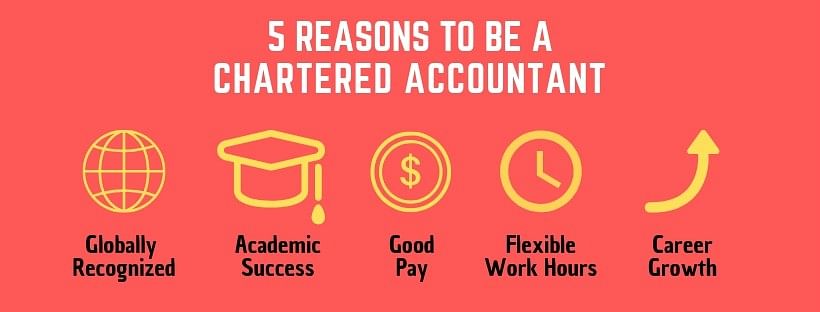
Journey of Becoming a CA
CA Foundation is the entry-level exam on the journey of becoming a CA. The registration can be done after finishing class 10, but the exam can be attempted only after level 12. The advantage of the CA Foundation is that one can appear for the CA examination twice in the same year.
The detailed steps involved in the journey of becoming a CA are as follows.
CA Common Proficiency Test (CPT)
The standard proficiency test is the entry-level test for Chartered Accountancy Course. It majorly tests four subjects; General Economics, Quantitative Aptitude, Mercantile Laws, and Accounting.
CA CPT Registration Process
- Candidates are requested to apply online at its official website.
- Click on the 'Login/Register' tab,
- Click on 'Apply now' to apply for CA CPT and fill the application form, including details of examination, exam centre, etc.
- The examination fee is required to be submitted online by using either MASTER Credit, Debit Card, Rupay Card, or Net Banking.
CA CPT Application Fee
A CA CPT application fee is INR 1000 for Indian centres, US $300 for foreign Centres (Abu Dhabi, Doha, Dubai & Muscat centres). And INR 1700 for Kathmandu centre can be remitted using an online payment gateway facility with VISA, Master, Maestro Credit, or Debit Card.
ICAI Common Proficiency Test
Essential highlights of the proficiency tests are,
- One paper consists of two sessions.
- Session I: (Morning Session)
- Section A: Fundamentals of Accounting (60 Marks)
- Section B: Mercantile Laws (40 Marks)
- Session II: (Afternoon Session)
- Section C: General Economics (50 Marks)
- Section D: Quantitative Aptitude (50 Marks)
- Total Marks: 200 Marks
- Duration: 4 hours
CA Foundation
CA Foundation exam is the gateway to become a CA in India. The candidate who has appeared in the class 12 examination may register for CA Foundation Course. If they have completed their graduation, there is no need to register for the CA foundation course. Graduates are exempted from the CA Foundation registration process.
Foundation Course Examination Fee
- For the Indian Centre, the course fee is INR 1500
- For overseas centres, i.e., Abu Dhabi, Dubai & Muscat, the course fee is the US $ 325
- For Kathmandu Centre is INR 2200
The exam will be held through 4 papers as mentioned below.
- The first two papers are principles and practices of accounting and business laws and business correspondence and reporting; they are subjective.
- The third and fourth paper consists of subjects like business mathematics, logical reasoning & statistics, business economics & business and commercial knowledge, which are considered important in finance.
- These papers will be objective type.
- Paper 1: Principles and Practice of Accounting
- Paper 2:
- Section A: Business Laws
- Section B: Business Correspondence and Reporting
- Paper 3: Business Mathematics and Logical Reasoning & Statistics
- Paper 4:
- Part I: Business Economics
- Part II: Business and Commercial Knowledge
- It is mandatory to get 30% marks in each subject to be qualified for the next step, but it is compulsory to score a total aggregate of 50%.
- This way, to become a CA, the CA foundation is essential for the applicant.
CA Intermediate Course
After completing the CA Foundation, one is qualified to write an Intermediate course. It is considered the second level of CA. In this stage, students are introduced to the advanced curriculum of CA.
During the Intermediate Course, one will be able to identify their weaknesses and strengths in the field of CA. Furthermore, aspirants will be introduced to various topics in the financial world if one has completed their B.Com., or any other course on the same lines, they can directly attempt this level.
It is divided into eight subjects.
- Accounting
- Corporate and other Laws
- Cost and Management Accounting
- Taxation
- Advanced Accounting
- Auditing and Assurance
- Enterprise Information System and Strategic Management
- Financial Management & Economics for Finance
The students are expected to score 40% in all the subjects and have an overall aggregate of 50%. If a student scores more than 60% in any particular subject, they will be exempted from repeating the subject in the next three attempts.
Registration for Practical Training Assessment Test
The practical training assessment test will be scheduled for students who have completed their 1st and 2nd year of practical training.
The students who have already appeared in the Practical training tests before (one or two times) or wish to improve their performance/ grade can re-appear. In such a case, the grade's best will be considered for inclusion in the mark sheet. Similarly, the students who have registered for the earlier test but could not appear due to some reason can also appear again with a late fee.
Students who wish to re-appear may also register by choosing the test location and submitting a fee of INR 200 online.
Articleship in CA
Articleship is a compulsory 3-year practical training or on-the-job-training time that ensures that students will learn to work on real-life cases under the supervision of real chartered accountants or Chartered Accountant firms. Before continuing further with the articles, the students have to complete specific prerequisites or conditions like completing their Intermediate level, a certain amount of orientations, etc.
The articles can be done at any CA firm according to their interests and abilities. The ICAI has norms that say that one can be paid between INR 750 to INR 15,000 during the articleship.
Articleship Assessment
During the articleship, aspirants will be writing two exams.
Features of the exam are as follows.
- The first exam will be held in the first year for 75 marks. The marks are divided into three subjects with 25 marks each. The compulsory subject, i.e., Accounting and Auditing, including corporate laws, is for 50 marks. In addition, one optional topic for 25 marks can be chosen from Direct Tax, Indirect Tax, and Internal Audit.
- The second exam was conducted at the end of the second year.
- The exam will be for 100 marks, and the duration will be 3 hours.
- Like the first-year exam, Accounting and Auditing will be a compulsory paper for 50 marks inclusive of corporate law in the second year.
- Candidates should choose two optional modules for 25 marks each from Direct Tax, including international taxation, Indirect Tax, and Internal Audit.
- Candidates should choose two optional modules for 25 marks each from Direct Tax, including international taxation, Indirect Tax, and Internal Audit.
- The students will be eligible to appear for the exam twice a year and complete it within that time.
- The articles' phase is considered very pressurizing with trying to balance both articles and studying, but this is when one will learn about their capabilities in this field.
- This is when one can improve technical and personal skills like communication skills and learning to have a work-life balance.
- Most of the students who want to do articles aim to do it at one of the Big 4 companies: KPMG, PricewaterhouseCoopers, Ernst & Young, and Deloitte.
- If aspirants cannot get articles at the Big 4, they can always try to get an article at any other big firm or mid-size firm.
CA Final
CA final is the last level of examination one must give to become a CA in India. The course exams will be held in June and December, for which the registrations with the ICAI have to be done in May and November, respectively. Therefore, one should ensure that the registration fees are paid on time, and if not done so, an additional amount will be charged as a fine.
The exam should be taken after completing two and a half years of experience. The candidate needs to complete the CA final exam, consisting of 8 subjects divided into two groups with four issues in each group, a written examination for 100 marks each.
The subjects in Group 1 are,
- Paper 1: Financial Reporting
- Paper 2: Strategic Financial Management
- Paper 3: Advanced Auditing and Professional Ethics
- Paper 4: Corporate and Allied Laws in which the paper is divided into three sections: Section A- Company Law and Section B- Allied Laws)
The subjects in Group 2 are,
- Paper 5: Advanced Management Accounting
- Paper 6: Information Systems Control and Audit
- Paper 7: Direct Tax Laws
- Paper 8: Indirect Tax Laws (Section A- Central Excise, Section B- Service Tax, and Section C- Customs and Foreign Trade Policy)
The candidate must score 40% marks in each subject from both the groups and 50% of total marks to pass. It is the candidate's choice to either give the examination for both groups together or separately.
Note: If the candidate provides both groups' exams, the average for both groups will be taken and not for one group alone.
Information Technology Training (ITT) in CA
Information Technology Training is a compulsory course added into the curriculum of the CA course by the ICAI. This curriculum's main aim is to focus on developing the technical skills of those attempting for CA.
The curriculum includes training in advanced features of Microsoft Office components like MS Access, MS Excel, Computer Assisted Auditing Techniques (CAAT), Core Banking Solution (CBS), Enterprises Resource Planning (ERP), Office automation application, and IT security.
The training will be for a total of 100 hours and should be compulsorily completed by the candidate. The training can be taken up after Intermediate Level or Final but needs to be completed before applying for registering at the ICAI.
Procedure to Apply for CA Membership
Like how all the lawyers have to register themselves at the BAR council for practising law, one must register at the Institute of Chartered Accountants of India to be licensed CA. After completing Intermediate Level, Final, and 100 hours of training ITT, one can register at the ICAI. After registration, one can use the 'Chartered Accountant' title before their name.
After clearing the CA Final and articleship training, a person must follow the below procedures to apply for CA membership.
- While applying for ICAI Member Card, the membership form, i.e., form 2, should be filled and submit the required documents.
- A valid certified copy of documents that require to be attached along with Form 2 are,
- Educational Qualification Documents
- CA Final Exam Marksheets
- Articleship Training Completion Certificate
- Certification of Participation in GMCS
- Higher Secondary School Certificate (as proof of date of birth)
- The applicant's name should be the same as mentioned in the Degree Certificate/ higher Secondary School Certification.
Note: In case of a name or signature change, the applicant must complete the required formalities by submitting the actual copy of the documents.
Salary of CA
An average salary offered to a CA is around INR 7.98 lakh per annum in the latest campus placement program conducted by the ICAI, and the highest pay reaching up to INR 30 lakhs per year.
Tabulated below are the salary details taken from the payscale for CA in India.
| Chartered Accountant | Salary (Per Annum) |
| Base Salary | INR 4.17 Lakh |
| Average Salary | INR 7.98 Lakh |
| Highest Salary | INR 30 Lakh |
| Bonus | INR 20,000 to INR 2.06 Lakh |
| Profit Sharing | Up to INR 5.11 Lakh |
Advantages of Becoming a CA in India
Chartered Accountants in India are rare, and it is one of the most challenging courses. Therefore, it requires a lot of dedication and motivation to touch this milestone.
Here are some advantages of being a CA.
- Calculative: Chartered accountants will have a better perception of financial management, which can be implemented in their own life.
- Mobility to Work Anywhere: As a CA, one can start working anywhere irrespective of city or town.
- Returns on Cost Spent on Education: As it is a job that offers high income, it is said that the return of the cost of education will happen in a shorter period.
- Respect: One indispensable attribute that a candidate earns after becoming a CA in India is respect. Society will look up to you; you get consideration for the determination and hard work you have gone through.


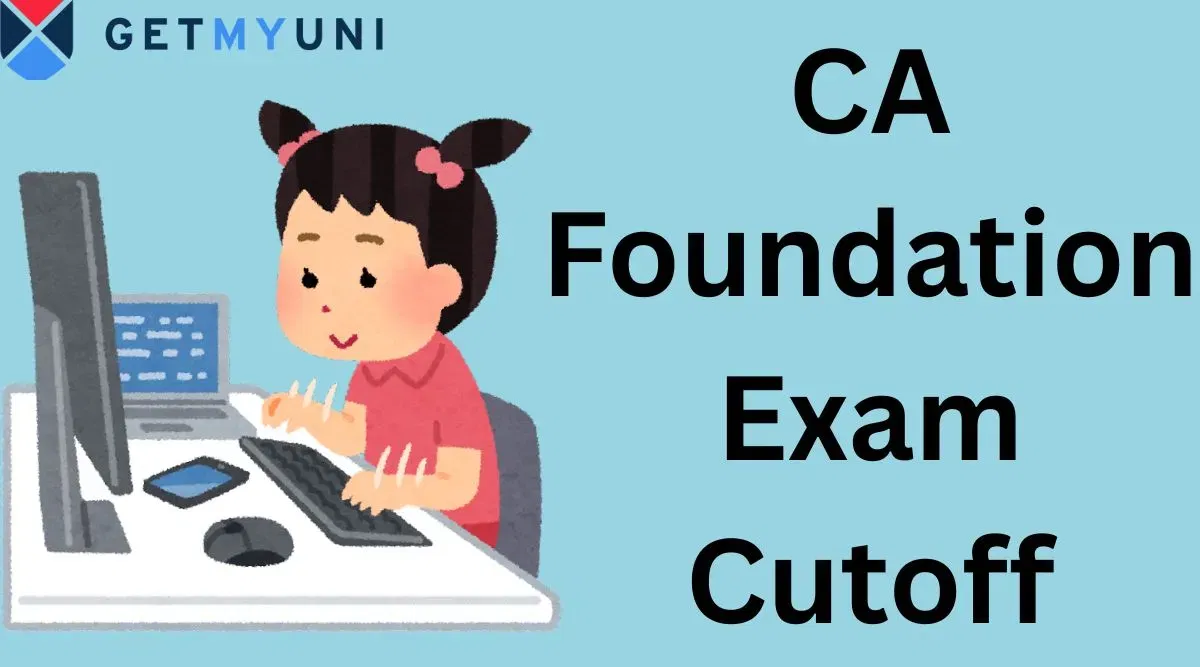
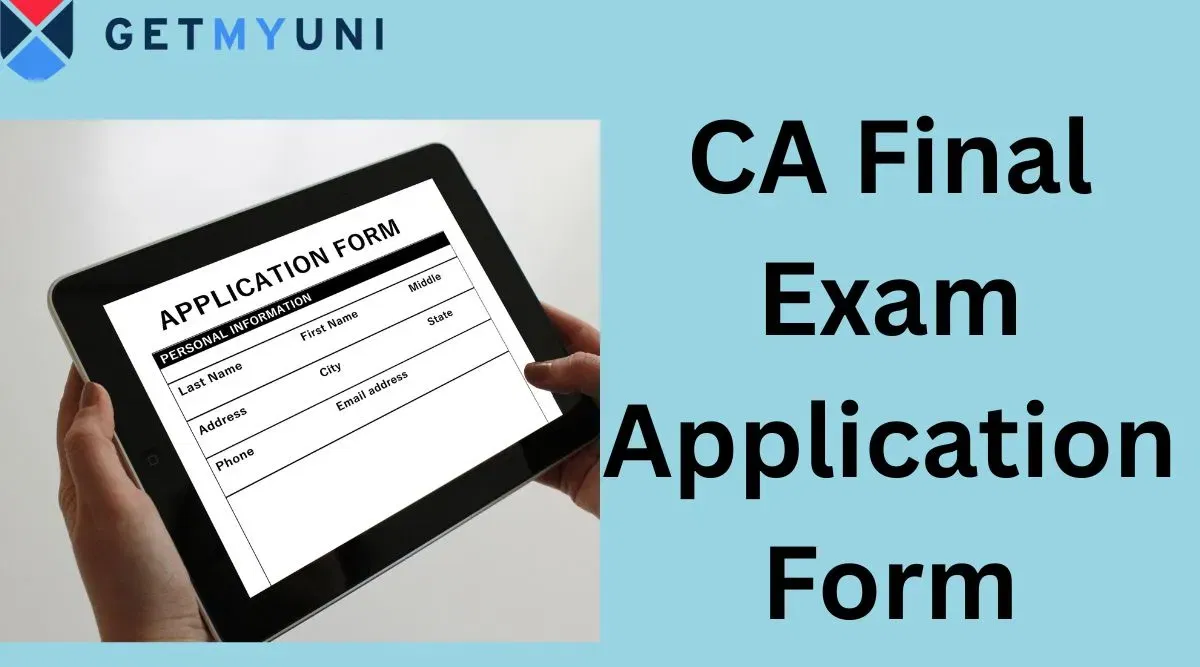


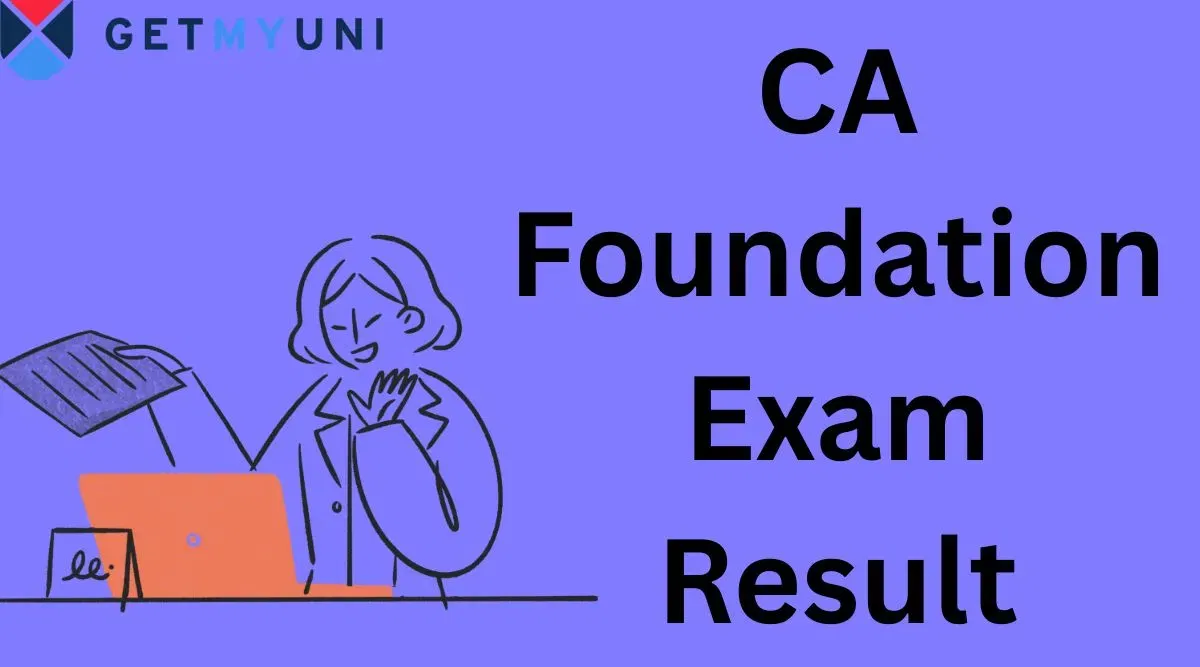
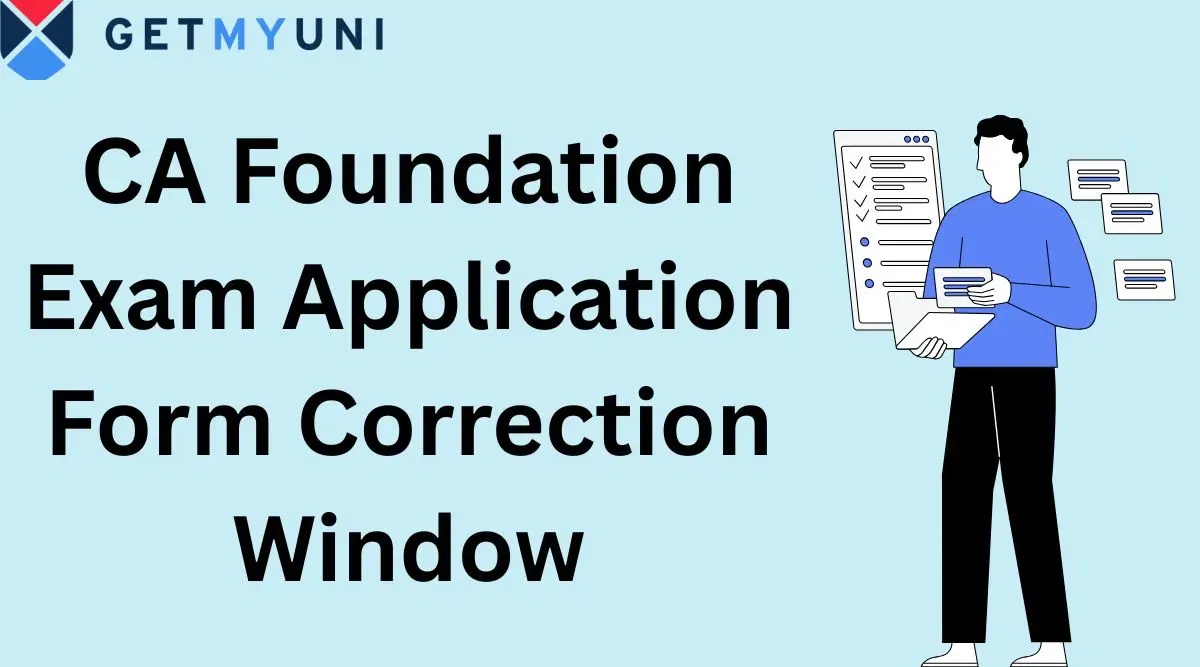
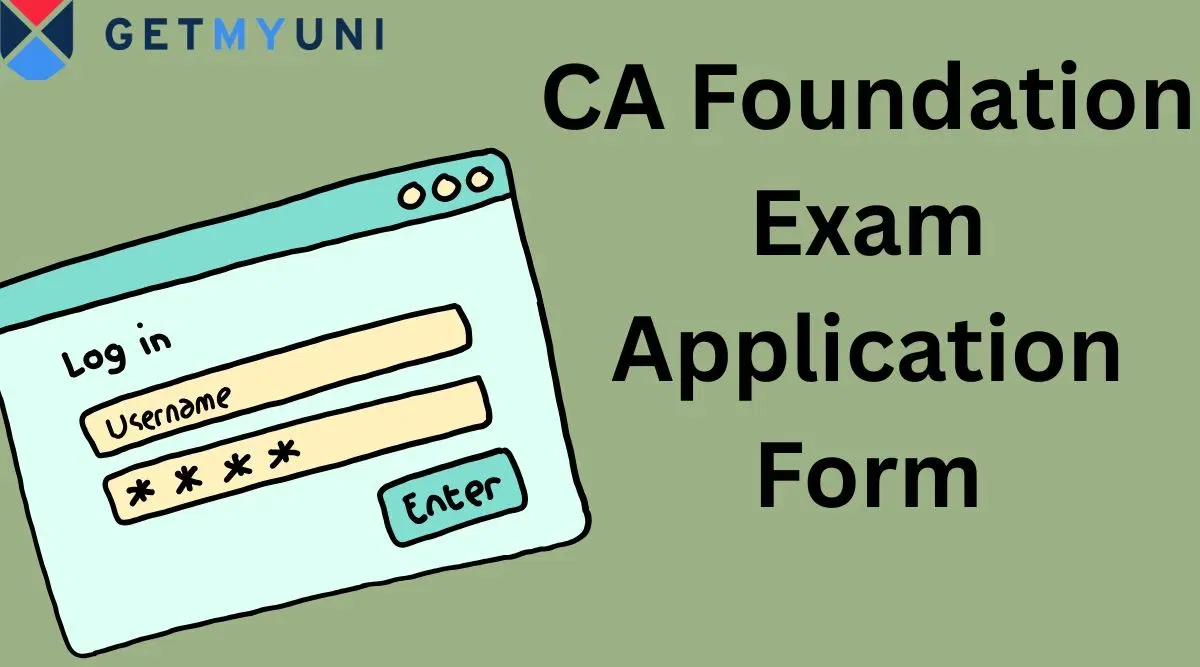
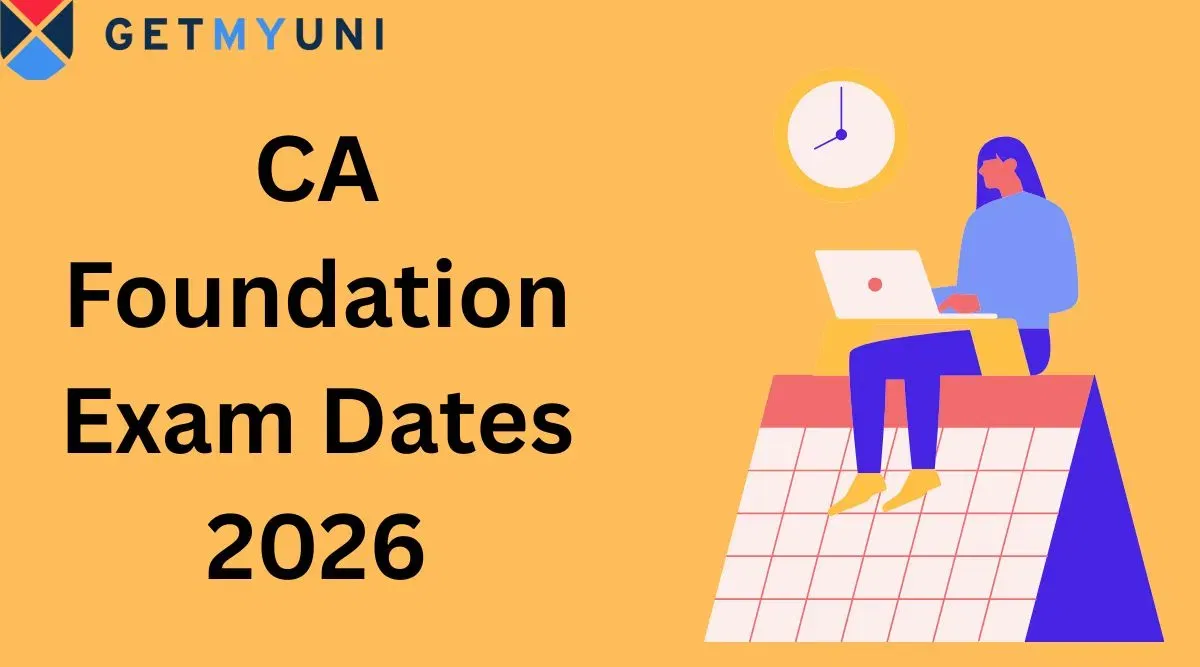
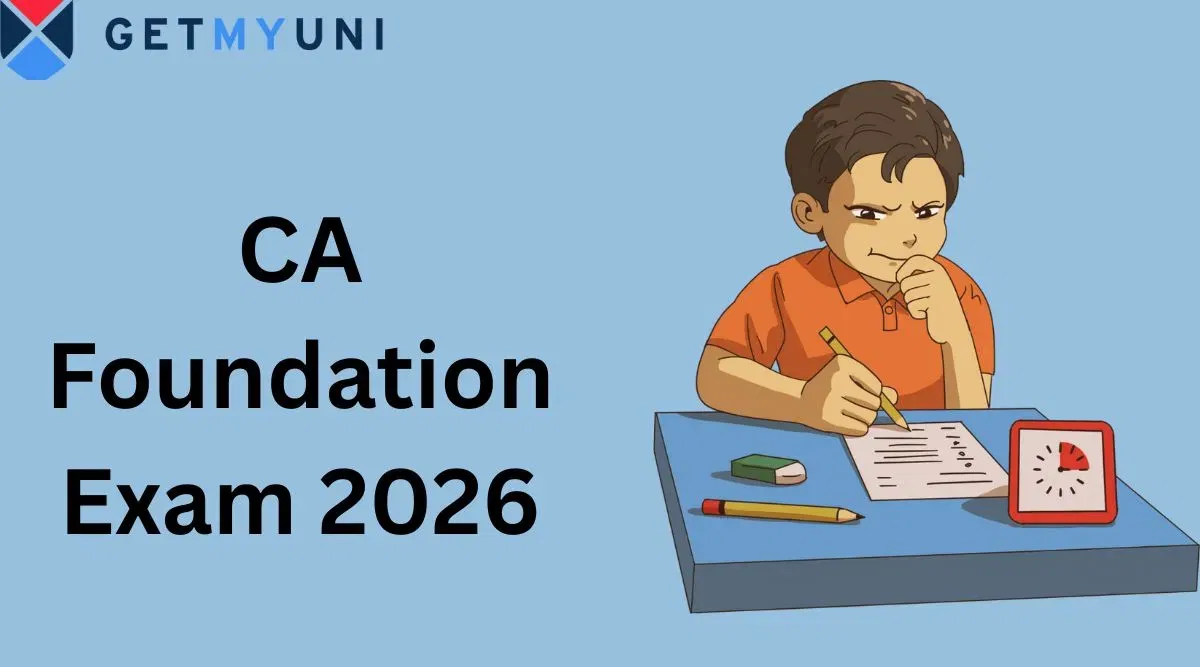












POST YOUR COMMENT